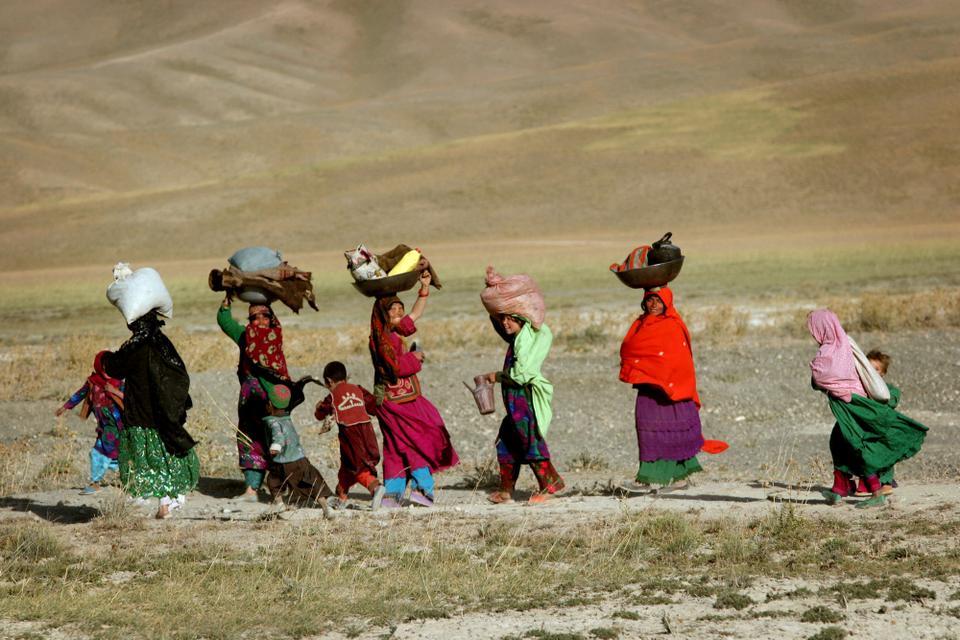By decreasing sectarian tensions, a changing Taliban and post-revolution Iran, the two anti-American neighbours, have shown signs of goodwill to each other in recent years.
Iran, a Shia-majority country, and the Taliban, a Sunni-dominant political Islamic group, were on the edge of fighting each other in 1998, when the Taliban-affiliated forces allegedly killed nine Iranian diplomats at Tehran’s consulate in Mazar-i Sharif in northern Afghanistan.
But in recent years, sectarian tensions between Iran and the Taliban have appeared to be replaced by regional political rationality based on their mutual interests which a new and changing Taliban seem to have understood far better than their predecessors, according to experts.
The Taliban’s political “evolution” from the 1990s to 2020s has a lot to do with why Tehran and Taliban-led Kabul could press a reset in the bi-lateral relationship, says Muhammad Athar Javed, an International Security Program fellow at New America, a Washington-based think-tank.
Despite the widespread distrust toward the sentiment of how much the Taliban has evolved, Javed thinks that the two main political dynamics clearly show the group’s changing attitude.
“First, the Taliban has demonstrated that they have a strategic understanding of regional politics like which countries are important and how they should conduct their relations with those states,” Javed tells TRT World.
Secondly, he adds, they are engaged in image-building, showing a significant concern about how the world should look at them, which indicates that they care about “global perspective”.
These two factors alongside both countries’ opposition to the US presence in the region explain “why Taliban’s relations are better with Iran than others,” Javed says.
On Iran’s side, Tehran, which sees itself as the protector of Shiites across the Islamic world, also understands that Afghanistan’s Shia minority Hazaras can not be secured without their representation at the local level under the Taliban, according to Javed.
It means Hazaras and the Taliban need to reach a political compromise to manage their own differences. During the Taliban’s first rule, Hazaras, a Turkic origin ethnicity, faced a lot of persecution, but this time around the Taliban appear to tolerate their rituals including recent Ashura celebrations.
Even one of the Hazaras, Mawlawi Mahdi, became a leading commander among Taliban ranks, who suggests that the second rule of the group will be different towards the ethnic and sectarian minority. An inclusive policy towards Hazaras might also help the Taliban establish a countrywide control over Afghanistan, a divided country.


Comment here